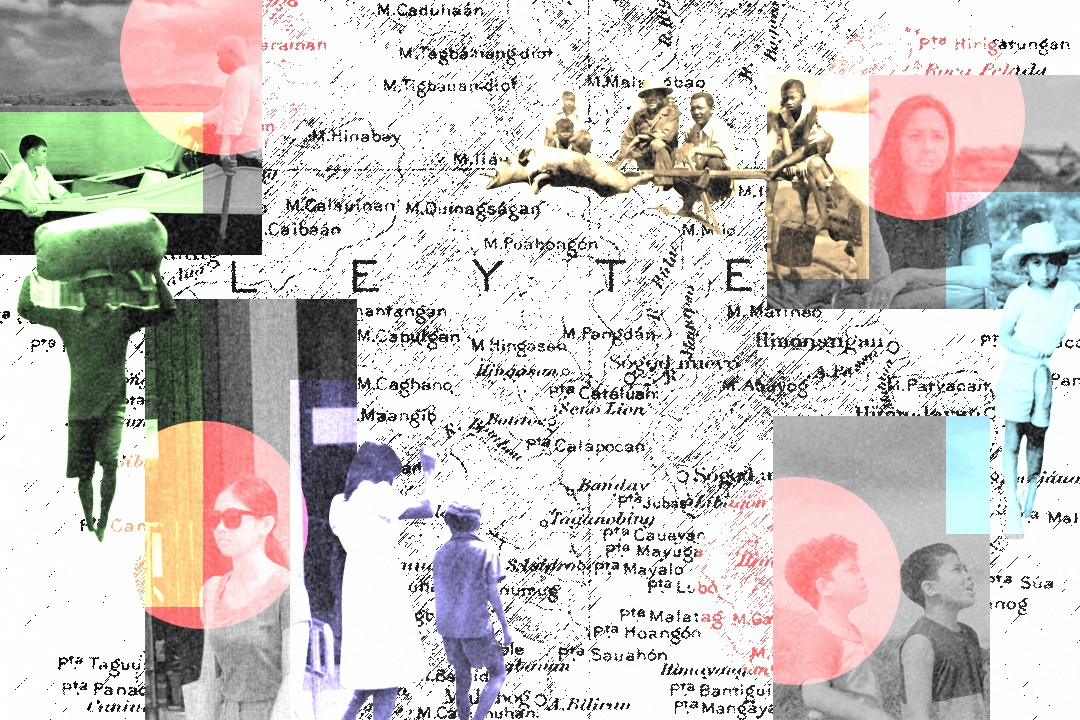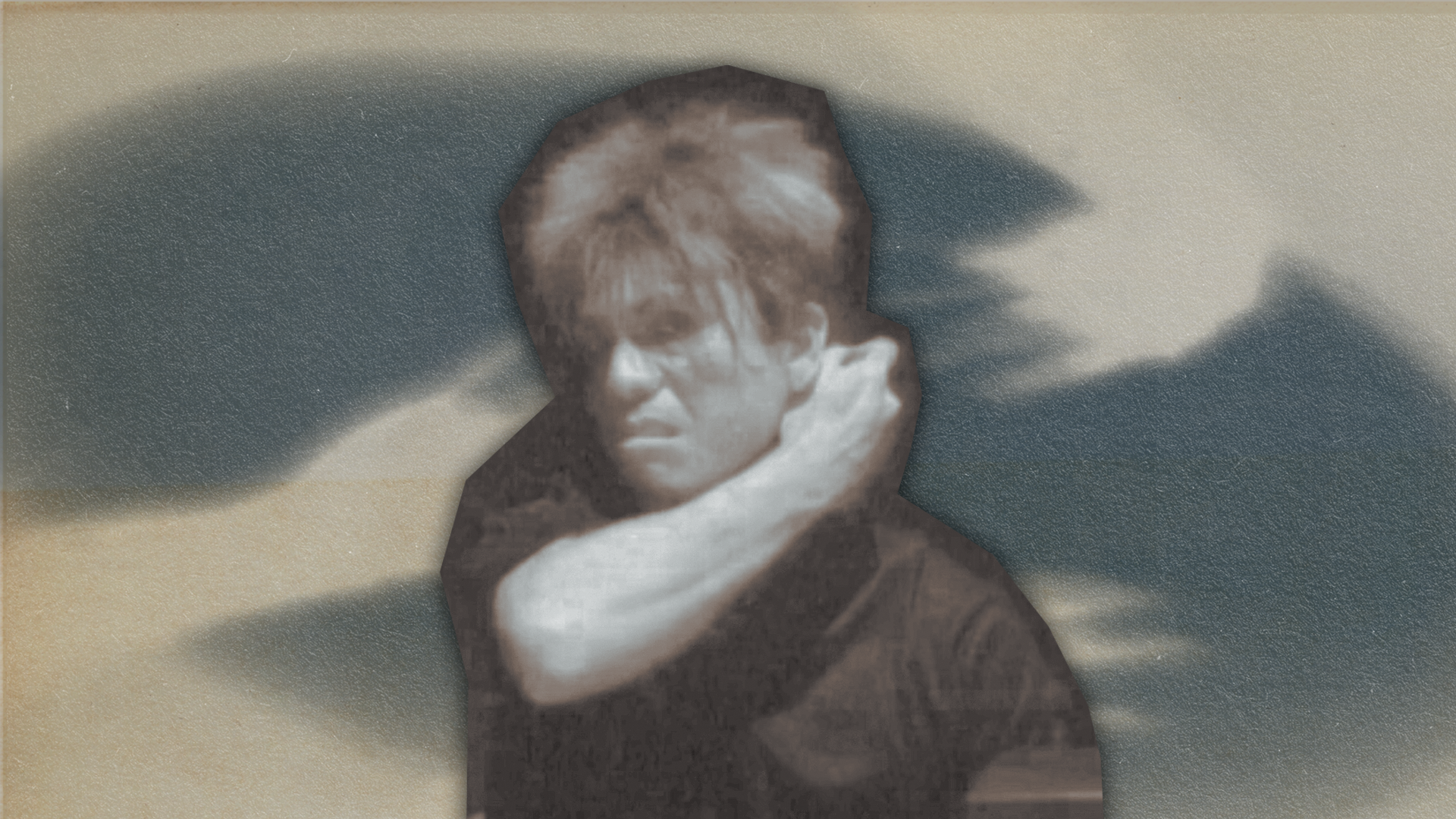MUNICH: Evaluating Spielberg's Overlooked Take on Israel-Palestine
MUNICH: Evaluating Spielberg's Overlooked Take on Israel-Palestine
Feature art by Jouaquin Prudente
Major spoilers for Steven Spielberg’s Munich ahead.
United States Air Force serviceman Aaron Bushnell died after lighting himself on fire in front of the Israeli embassy in Washington D.C. last February 25. Livestreamed on Twitch, this self-immolation is a striking, revolutionary act, done in protest of the ongoing genocide of Palestinians by Israelis whom the United States has unconditionally supported, militarily and politically, for decades.
There is no shortage of American films dealing with the guilty conscience of her soldiers – participants in genocidal campaigns across the globe. Americans love their share of films about brooding men and their troubled psyche in the midst of instigating exhilarating violence. Tackling the exploits of bomb disposal experts, The Hurt Locker achieved a milestone for cinema with its Best Picture and Best Director win at the Academy Awards: it was the first film directed by a woman to win those highly coveted awards. Zeroing in on a decorated marksman, American Sniper grossed half a billion dollars against its $59 million dollar budget and garnered Best Picture and Best Actor Oscar nominations. Even in the realm of comic-book films, we can see how superheroes deal with guilt in taking part in destructive and invasive efforts to bring peace as in The Dark Knight and Captain America: Civil War. All of them pack thrilling action sequences that make us empathize with the harrowing experiences of its good guys and their exceptional set of skills in hunting down bad guys.
But there is a particular film that has been on my mind ever since the October 7 intifada and the subsequent increased interest in the Israeli genocide in Gaza. A film that has flown under the radar of most audiences who earlier flocked towards its auteur’s fantastical adventures. It is Steven Spielberg’s 2005 epic historical thriller Munich. It tells the story of an Israeli team led by the German-born Avner Kaufman (Eric Bana) on a mission to assassinate suspected perpetrators of the Munich Olympics massacre where Israeli athletes were killed by Palestinian militants. As the mission drags on, Avner begins to wrestle with the moral weight of his team’s actions.
Released in the wake of 9/11 and the ensuing bloody War on Terror, Munich found critical acclaim with critics applauding it for its portrayal of the “complexity” of the Israeli-Palestinian conflict and for its unbelievable craftsmanship (from Spielberg, Tony Kushner, and the whole gang) in creating a suspenseful yet thoughtful thriller. Many American critics found parallels to the events of the film with the American foreign policy undertaken in response to the Al-Qaeda attacks.
What makes Munich stand out among the crop of post-9/11 American cinema is the undeniable directorial skill of the world’s most famous Jewish-American auteur. Perhaps lost in the grand adventures involving aliens, dinosaurs, sharks, and Nazis, people often fail to note Spielberg’s camerawork with his longtime collaborator Janusz Kamiński. The YouTube channel Every Frame a Painting discusses this in their video on Spielberg’s one minute long takes and eye for composition in an era of constant cutting and less theatrical blocking.
The Paris sequence showcases Spielberg's mastery of the camera. Courtesy of Universal Pictures.
The Paris assassination scene is a masterclass in showcasing Spielberg and Kaminski’s cinematographic prowess and, ultimately, serving as a microcosm of the film’s strengths as a thriller. The scene’s opening shot sees the Israeli team in three different positions, preparing to bomb the apartment of their Palestinian victim. In a wide shot, we see team member Carl (Ciarán Hinds) waiting at a telephone booth, center-framed, surrounded by moving buses and walking pedestrians, then the camera zooms out to track a speeding car in the foreground carrying the bomb maker Robert (Mathieu Kassovitz) and two others, and then, zooming out to reveal this was all in the perspective of the team leader Avner who observes beside a newspaper stand, and then, following his gaze from the street and above to the apartment window of their unknowing victim. The tension ratchets up as a truck unexpectedly blocks the car carrying the bomb detonator. We see Avner and Carl react in one frame. The camera focuses on Avner in the background as he gives an abortive signal by adjusting his hat. The camera then changes its focus to Carl’s hand in the telephone booth, across the street in the foreground. As we see the team members huddle to discuss the effect of the truck on the bomb detonation signal, the camera laterally moves from their end of the street to the next where a car pulls up and the camera zooms into its emerging passenger - a girl in red, the daughter of their victim - and tracks her entering the building. I’d be remiss to forget longtime Spielberg collaborator Michael Kahn’s editing in weaving the impressive shots we see to create a scene that illustrates the geographical dimension of the movement of the camera and the characters. We get a tight close-up of Carl in the phone booth (witness actor Ciarán Hinds’s eyes wordlessly communicate his horror), realizing the danger the girl is in. Then, we cut to a shot of the girl in the apartment talking on the bomb-equipped telephone. The camera moves from her inside and to the window beside her, zooming into the street below to witness Carl rushes out the booth to warn his comrades. As the bombing is aborted, we get a shot of Avner and Carl on the street, hunched over the car with the detonator, a little off-center. The obstructing truck and the car with the returning girl leave the frame. In dance-like precision, Avner and Carl move to the right of the frame as the camera approaches them and pans right. Now, the apartment window of their victim is at the center of the frame while Avner is on the left and Carl is on the right. The latter asks if they should continue with their assassination and both look to the window above. The phone rings and you can guess what happens next. All these are done in stunning brief oners through a marriage of fluid camera movements, satisfying shot compositions, and tense editing. The thematic subtext in Tony Kushner’s screenplay is made visible in this scene, even with reduced dialogue, as the team must deal with the potential collateral damage they will bring in their quest for justice.
Even in scenes where no big suspenseful assassination occurs, Spielberg and his crew find a way to brandish their visual talent. One shot that is burned into my mind is during a scene where Avner meets with his French contact Louis (Mathieu Amalric) to discuss an Israeli raid in Lebanon. We see Louis’s reflection on a car’s rear view mirror first and then the camera zooms out to focus on the moving background of the car front window where Avner is waiting. The camera pans to the right with Louis’s body finally coming into frame as Avner approaches the window. What a way to establish a scene.
I went at length to describe these shots to give credit where credit is due. Spielberg is an inimitable artist, even if he is responsible for the onslaught of unartistic and uncreative blockbusters. Later into his career, he traded the blockbuster spectacle of his most influential period for “humanist” and political period pieces, such as Schindler’s List, Bridge of Spies, and The Post. The same eye that brought us the magical flying bicycles of E.T. now brings us the eternal image of the girl in red of Schindler’s. Both different in tone and themes but the same visual mastery and memorability. This is the same myopic eye that chooses to push the Palestinian people at the margins of the public imagination and refuses to see the bloody foundation the State of Israel is built on and continues to reinforce.
Geoffrey Rush and Eric Bana dominate the last third of the film as the moral consequences began to emerge. Courtesy of Universal Pictures
Yes, Spielberg portrays Palestinians in a sympathetic light that much is commendable in an era where jingoistic, Islamophobic sentiments pervade public consciousness in the post-9/11 world. Throughout the film, the supposed assassination targets are not all shown to be scheming terrorists but rather accomplished fathers, seasoned poets, and radicalized youngsters. Carl, a former Israeli Army soldier, acts as the team’s moral compass, constantly scrutinizing the agenda of their team and casting doubt on the culpability of the team’s victims. And yet, I cannot help but feel as though the Palestinians are represented here as mere background characters. Hardly do they feel like characters of their own; they are plot tools who serve no greater purpose than to serve as stepping stones in the character development of the white man. The Palestinians who are shown in a favorable light are passive, only seen in coffee shops, apartments, and hotel rooms. They say a few lines about their plight as refugees or sometimes barely anything at all that indicates who they are as an individual. No, that must only be given to the Mossad assassination team. Only they can be living, breathing characters. The only Palestinian character who gets to command a scene is the militant Ali (Omar Metwally) who is introduced as a threat to the Israeli team in a tense standoff between their respective groups. With Ali, we finally get a scene with a Palestinian where they get a chance to articulate the all too familiar desire for an independent nation, free from the occupation of Israel. It is here that the film nearly deceives the viewer that it is on the side of the oppressed.
The film’s negative reception among pro-Israel figures (who found the film too sympathetic towards Palestinians) give the illusion of Spielberg’s critical understanding of the Palestinian struggle. As the film progresses towards the end, Avner carries the weight of the deaths of his team’s victims and of the cycle of violence they perpetrate on his mind. He is haunted and demoralized by the film’s end, even refusing to come back to Israel. He is shown to have a moral arc from a blind follower of his Mossad superiors to a conscientious objector of his country’s activities. The ending shot of Avner walking away from his Mossad handler as the World Trade Center looms in the background is provocative, sure, as it links the violence of Israel and America in the wake of their respective tragedies in the past and in the present. And yet, even with all the criticism of Israeli violence, I cannot help but feel Avner’s tears during the climatic sex scene where he recalls the Munich massacre are that of the crocodile’s. Such is the nature of cinematic examinations of violence. The white man, the Israeli, can weep for his guilty conscience and the world can weep with him. The Israeli lives and breathes as though their forefathers tilled the land for centuries. The Israeli is an anachronistic appendage of the European colonial project and the film does not see that. Spielberg can only point fingers at the starving Gazans for the eruption of violence on October 7. He equates the Palestinian militant group Hamas as nothing more than terrorists. Who is he to judge an increasingly oppressed people?
A memorial for US Airman Aaron Bushnell who committed self-immolation last February to protest Israel’s genocide against the Palestinians. Courtesy of Getty Images.
Munich can only wallow in its self-pity in its judgment of the Israeli-Palestinian “conflict”, bewildered by the cycle of violence. “There is no peace at the end of this”, concludes Avner. Spielberg and Kushner treat the conflict as if it is a natural state of things. As if there is no solution. Any student of history should know the culpability of imperial Western forces in perpetuating this cycle. The United States under President Joe Biden continues to send American weapons and to politically support the State of Israel in its campaign of genocide against the Palestinians of Gaza. The democratic country can only muster a halfhearted “abstain” vote in a United Nations resolution for a ceasefire. These are the real culprits of the violence – not radicalized Palestinians. It’s revealing really that Avner can only look as far back as the Munich massacre as he reckons with his guilt for his crimes. There is no flashback to the Nakba when the Palestinians faced massacres and depopulation from their own land. Not even a mention. Only the Holocaust can be explicitly mentioned as an act of racial violence.
Perhaps I ask too much of a prominent Hollywood elite like Spielberg to create a film that cuts deep into the evil of the American-Israel alliance. But then again if an American like Aaron Bushnell can give his life in service of a great cause for liberation, maybe it isn’t a big ask. Now, Bushnell is a white man whose guilt is genuine. Someone who acknowledges the dire conditions Palestinians are subjected to by Israel. Avner and the film, as a whole, can only see the Palestinians as noble villains.
ABOUT THE AUTHOR
FJ Calvario is a terminally online cinephile, currently studying Geography at UP Diliman. He writes reviews for films and TV shows for his own amusement on Letterboxd, Facebook, and Twitter. He may seem off-putting but he assures he doesn't bite.






















